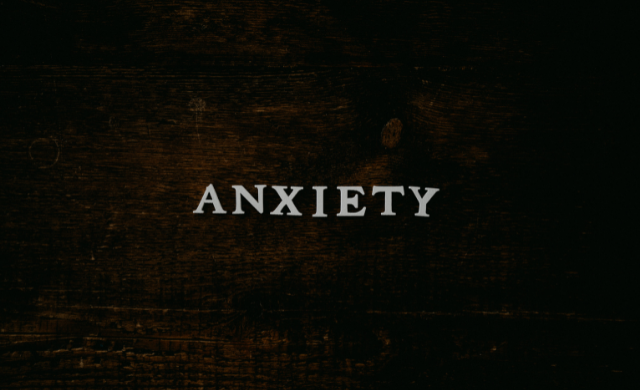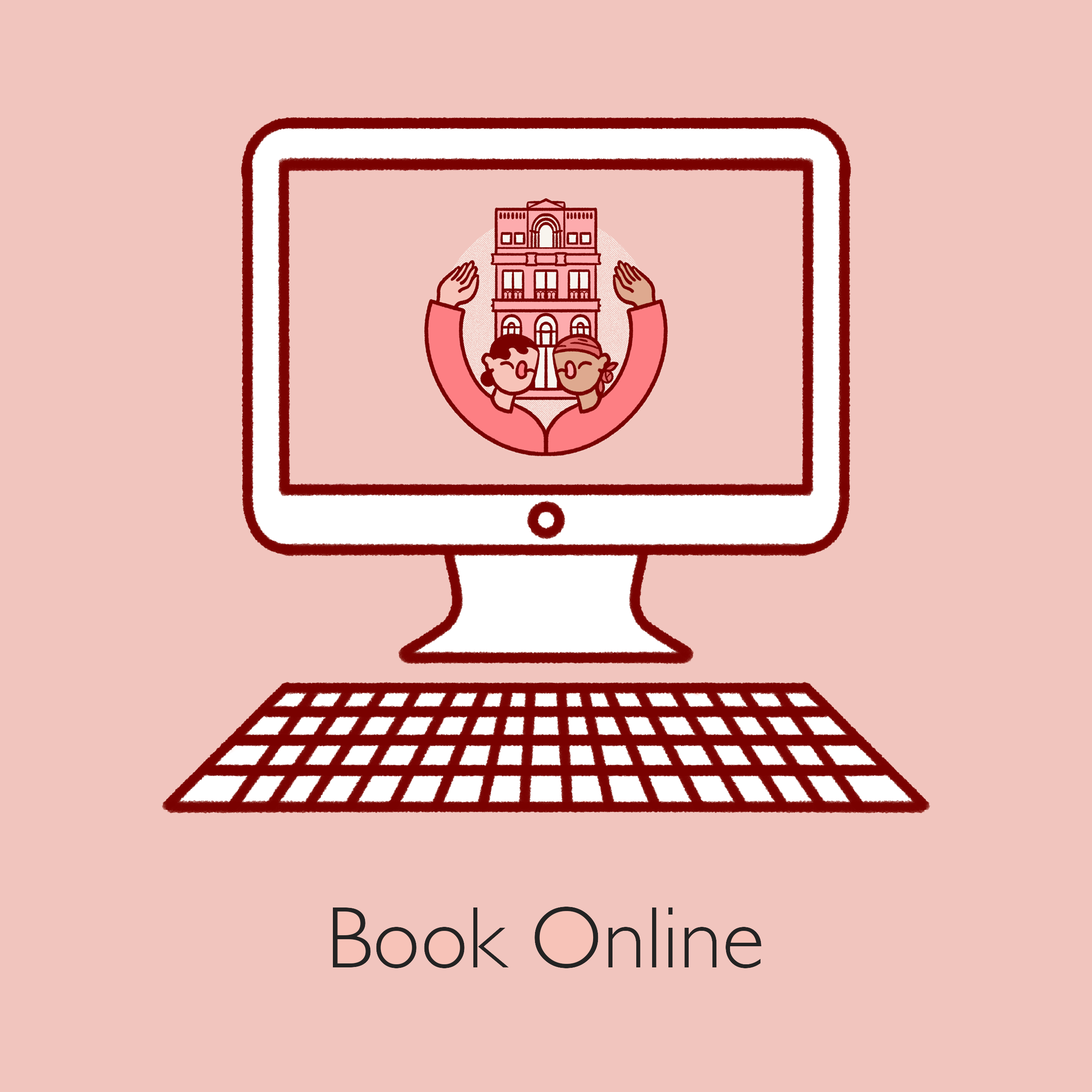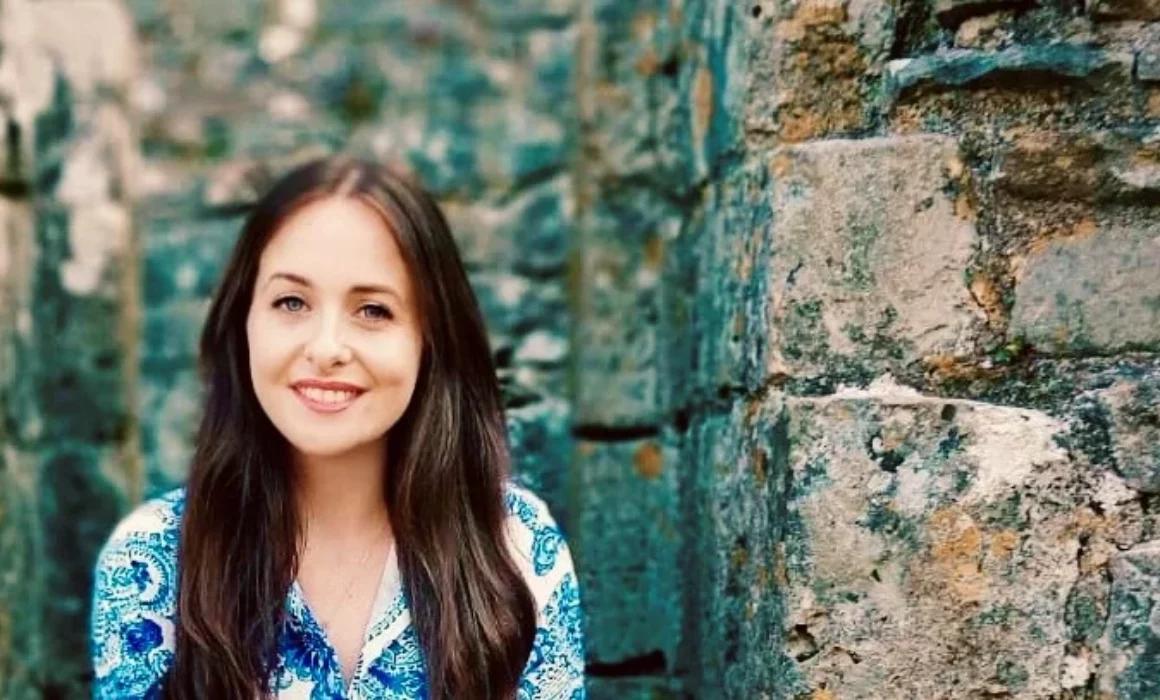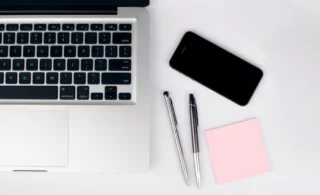
It can be difficult to talk to other people – including friends and family – about your cancer diagnosis, your treatment and how you’re feeling. This article provides some practical advice to help you with those tricky conversations.
By Allie Morgan
When you’re going through cancer treatment, you might find that the conversations you have with people around you suddenly become a bit awkward. The truth is that, unless you have experience in this sort of thing, no one really knows how to react to an ill person. Especially someone who has the ‘Big C’.
Personally, when I had cancer, I felt like a lot of people spoke to me as though I was wrapped in cotton wool. People just didn’t know how to be normal around me anymore.
If you’re finding it difficult to talk to others about your cancer experience, here are some tips to help you navigate those tricky conversations.
Always be honest
Going through cancer can be a scary ride. You’re having horrible (but life-saving) treatment, you’re dealing with nasty side effects and you’re trying not to pick up every infection known to man because your immune system is low. Exhausting, right?
Now imagine trying to put a brave face on top of that.
It’s not healthy to hold everything in and not open up to anyone around you. Talk to someone you trust about how you’re feeling. And be honest about it. Are you afraid? Are there certain things you’re worried about? Are you optimistic that everything will turn out okay? Be honest and be sure to let them know if all you need is someone to listen to you right now. They don’t have to say anything or offer any words of wisdom. Sometimes, just listening is enough.

Ask for help if you need it
This is something that a lot of us hardly ever do. Asking for help is seen as a sign of weakness but the truth is, we’re all human and we all need it sometimes. Whether it’s asking a family member to pick your kids up from school, your other half to cook the tea or asking your doctor to refer you to a therapist, there are a myriad different ways you can be supported.
Asking for help isn’t a weakness, it’s just acknowledging that you’ve got a lot going on and a human being can only cope with so much!
Don’t feel as though you have to answer people’s questions
There are those people in our lives who we feel comfortable opening up to. And then there are those people who can just be…well, plain nosy.
If someone has questions that you don’t want to answer, don’t feel obliged to let them in on what’s going on. Tell them that you’d rather not talk about it or switch the topic to focus on them instead. You don’t need to tell everyone everything. At the end of the day, it’s your business and it’s up to you who you share that information with.
Ask others for advice
This is one I regret not doing more of while I was going through chemo. As an introvert teen, I stayed quiet and let my parents do most of the talking. But joining support groups or asking advice from people who have been in your position can be so helpful.
Ask your nurse or doctor if there are any local groups you can join & chat to people on your ward too.
Put yourself in the loop
When you’ve got cancer, people will try to protect you and that might mean they only seem to talk to you about how your treatment is going, instead of chatting about the normal stuff you’d usually natter on about for hours. Sometimes they just don’t feel comfortable complaining about something minor when you’re going through something so life-changing. But the truth is, sometimes you just want to stop talking about cancer for a while and be the friend you’ve always been.
If that’s the case, don’t wait to be ‘kept in the loop’. Put yourself in the loop. Ask your friends what’s been going on in their lives and let them know it’s fine if they need a moan or a rant too. You’re still their pal, even if you’re going through cancer treatment, and they shouldn’t be afraid to talk about their worries and frustrations as well.
Remind your mates that you’re still there for them, as much as they’re there for you.

About the author
Having had cancer at a young age, as a adult Allie trained as a Confidence Coach and she worked with cancer survivors and those with chronic illnesses. After overcoming bone cancer at the age of 14, Allie knew that the end of treatment could be a difficult time for a lot of cancer patients and wanted to offer support for those finding it tough to get back into ‘normal’ life. Through her use of confidence-building techniques, Allie helped to make those who have suffered from serious or chronic illness to feel empowered, and able to write the next chapter of their life. Allie no longer practices as a coach but is living her life to the full, embracing everything she learnt during her time as a coach.
Further information
Future Dreams hold a range of support groups, classes, workshops and events to help you and your carers during your breast cancer diagnosis. These are held both online and in person at the London-based Future Dreams House. To see what’s on offer and to book your place, see here.
To return to the homepage of our Information Hub, click here where you can access more helpful information, practical advice, personal stories and more. You can also find community on the Future Dreams Instagram page
Reviewed October 2023
The information and content provided in all guest articles is intended for information and educational purposes only and is not intended to substitute for professional medical advice. It is important that all personalised care decisions should be made by your medical team. Please contact your medical team for advice on anything covered in this article and/or in relation to your personal situation. Please note that unless otherwise stated, Future Dreams has no affiliation to the guest author of this article and he/she/they have not been paid to write this article. There may be alternative options/products/information available which we encourage you to research when making decisions about treatment and support. The content of this article was created by Allie Morgan and we accept no responsibility for the accuracy or otherwise of the contents of this article.
Share

Support awareness research
Donate to those touched by BREAST cancer
Sylvie and Danielle began Future Dreams with just £100 in 2008. They believed nobody should face breast cancer alone. Their legacy lives on in Future Dreams House. We couldn’t continue to fund support services for those touched by breast cancer, raise awareness of breast cancer and promote early diagnosis and advance research into secondary breast cancer without your help. Please consider partnering with us or making a donation.



